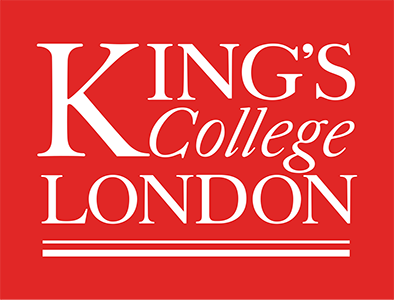the project
project background
‘Misinformation’, we are often told, is everywhere. In recent years, there has been significant policy attention to regulation of unproven, disproven or misleading health- claims, and their potentially harmful effects. Concerns span areas as diverse as mental health, reproductive health, weight loss and life-threatening diseases. Controversial claims can originate from a range of groups and individuals, including social media influencers, the wellness industry, religious lobbies or political figures.
But not all unproven, disproven or misleading claims are deemed equally problematic. Governments and others make a range of decisions about which types of claims are tolerable, and which are deemed so harmful or problematic that they require intervention. Yet, we know very little about how and why these decisions are made, nor about the ways in which they are implemented.
How lines of regulatory tolerance and intervention are drawn, in different states, through which legal or regulatory techniques, and to what effect, is at the core of our 6-year project.
Bringing together perspectives from socio-legal studies, science and technology studies (STS), and philosophy our project will critically explore regulatory approaches and their unfolding impacts in three regions: Europe (France/Greece/Ireland/UK), West Africa (Ghana/Senegal), and North America (Canada/Mexico).
We aim to produce in-depth and comparative knowledge of the making of legal (in)tolerance, and an understanding of its socio-cultural and political dimensions, and in each case study and as a whole, to address the following questions:
How do laws and regulations formally define the boundaries of acceptability of unproven, disproven, or misleading health-related claims?
How is the regulation of unproven, disproven, or misleading health-related claims enacted and resisted in practice?
What are the effects of different forms of regulatory intervention, and what alternatives could be imagined?
OUR OBJECTIVES
OUR OBJECTIVES
Explore how states challenge, tolerate, or accommodate unproven, disproven, or misleading health-related claims.
Analyse how regulatory strategies are shaped through different notions of social, health, and epistemic norms and different ideas of social (in)justice.
Consider how non-state actors, organisations, and communities supplement, influence, or challenge state regulation.
Propose imaginative approaches to fair and sustainable regulatory intervention, and engage policy communities with these.
Foster long-term interdisciplinary collaborations and capacity-building for critical research in law, health, and society.














